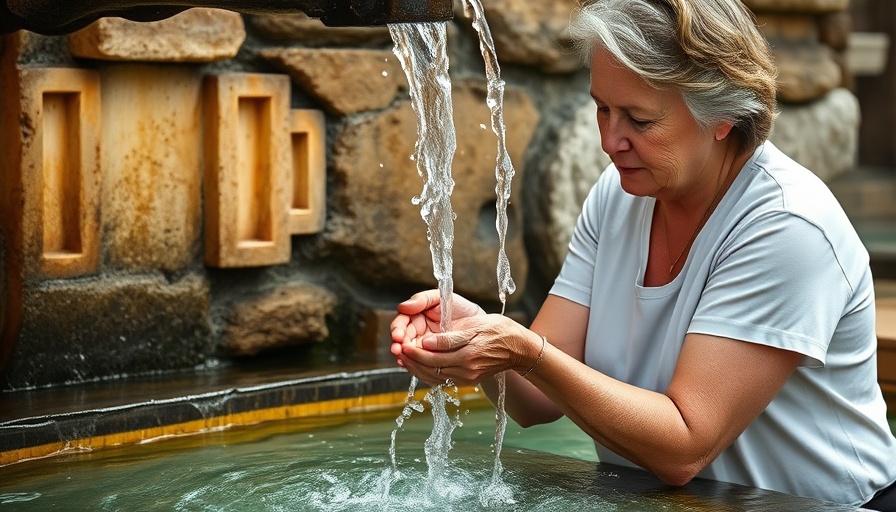
Understanding the Water Crisis in Bali
Bali, known for its stunning landscapes and thriving tourism, is sadly facing a water crisis that threatens its very essence. Behind the serene vibe and luxurious villas, a stark reality looms. Local communities once thrived on rice paddies, benefitting from sustainable water management practices. Today, water sources are dwindling at an alarming rate due to over-extraction by tourism-driven businesses. A recent study highlighted that star-rated hotels consume around 800 liters of water per room each day, while local families must manage with about 200 liters. The imbalance is striking and speaks to a larger issue of sustainability, something every family should be aware of when considering responsible travel.
How Tourism Affects Water Resources
Tourism is often the economic lifeblood of regions like Bali, but its impact on local resources is profound. As more families travel to this paradise, the strain on water resources intensifies. The influx of visitors contributes to illegal water extraction, diminishing water quality, and increasing the saltwater intrusion that threatens local agriculture. This transformation reflects a significant disconnect between tourism and environmental stewardship.
The Role of Local Initiatives in Water Preservation
Fortunately, there are local initiatives aimed at reversing this trend. Programs like the Bali Water Protection initiative focus on sustainable water use and educating both locals and tourists about the importance of water conservation. When families travel, they can engage with these programs, ensuring they contribute positively to the communities they visit.
Practical Steps for Responsible Travelers
As parents planning a trip to Bali, it’s essential to incorporate sustainable practices into your travel plans. Here are some actionable insights:
- Choose Eco-Friendly Accommodations: Select places that honor water conservation practices and support local communities.
- Limit Water Usage: Educate your children on mindful ways to use water while traveling—everything from taking shorter showers to collecting rainwater for plants.
- Participate in Community Programs: Look for opportunities to engage with local initiatives that promote sustainable practices.
The Future of Tourism and Water Sustainability
The question remains: can tourism help replenish Bali's water crisis? The potential exists if travelers and industries come together to prioritize sustainable practices. Building a better relationship with water is essential for securing the future of Bali as a tourist destination. By making conscious choices and recognizing the shared responsibility of water resources, families can play a pivotal role in supporting this beautiful island.
Conclusion: The Power of Water in Travel
When vacationing, it’s crucial to consider how our presence impacts local environments. Families traveling to Bali have the power to advocate for and engage in practices that support water sustainability. By choosing green travel options, we can enjoy the beauty of Bali while ensuring it remains a wonderful destination for generations to come. So, next time you plan a trip, ask yourself: How can I give back to the places I visit?
 Add Row
Add Row  Add
Add 




Write A Comment